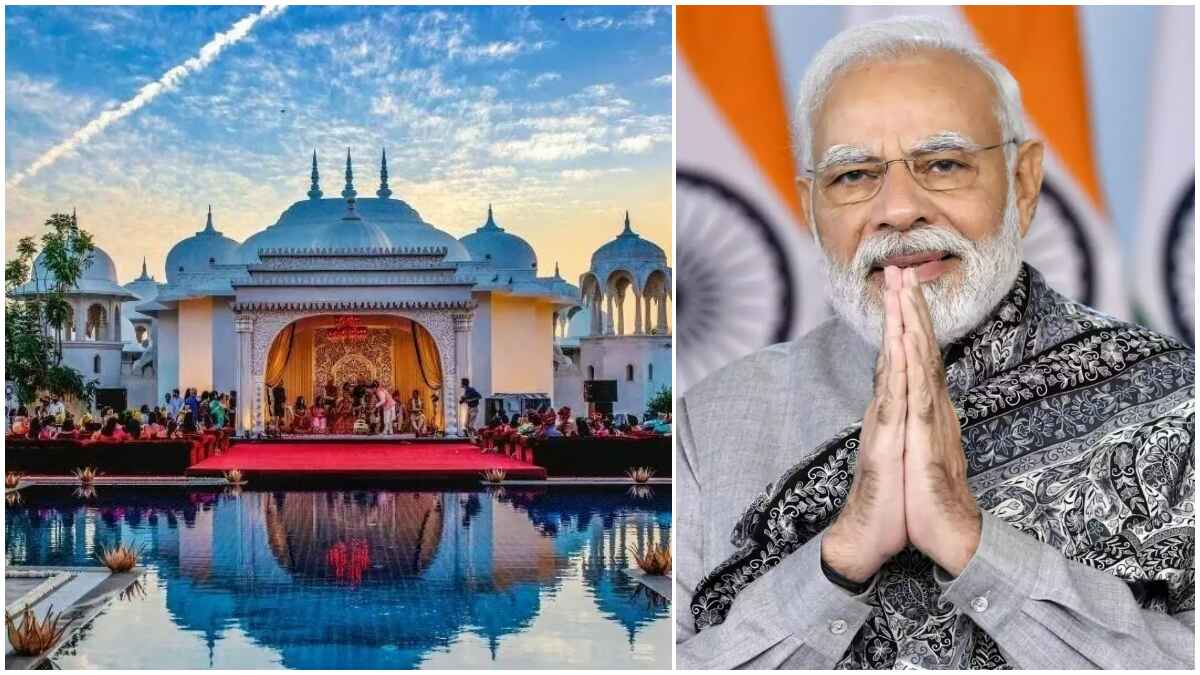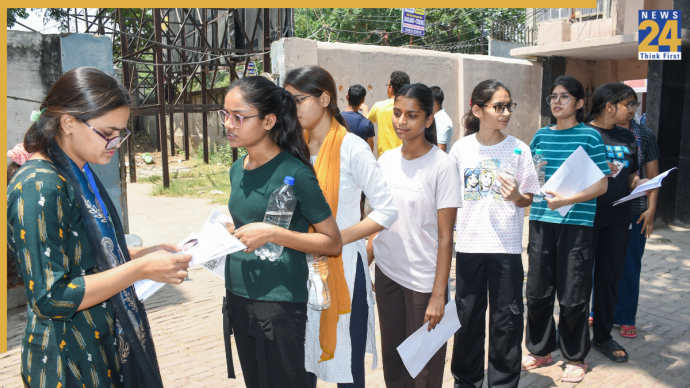
By Brij Khandelwal
Prime Minister Narendra Modi’s recent appeal to hold weddings at various destinations within the country rather than going abroad has found a sympathetic echo among local wedding planners, hoteliers, caterers, and marriage merchandise sellers.
Wedding planners said it was a timely and relevant appeal that could help the economy in a big way. The marriage industry includes not just banquet halls and marriage gardens, but also decorators, flower suppliers, travel agencies, gift packers, and a whole lot of clusters of handicraft workers, is heavily dependent on big-budget marriages that set in motion a chain of activities, Shishir Bhagat of the 300-year-old Bhagat Halwai firm, said.
In his Mann ki Baat programme on November 26, prime minister Modi called upon business and civil society members to promote destination weddings in India, instead of going abroad.
Vardan Sharma of Drum Beats welcomed Modi’s advice as “this would not only increase the volume of the wedding industry but also curb avoidable flow of currency out of the country.” Though there had not been a proper scientific study on this subject estimates vary from Rs 75000 crore to Rs 1 lakh crore spent annually on about 5000 destination weddings abroad by Indians, Vardan Sharma said. “Take the case of Agra, each year of the 1000 weddings, around ten are destination weddings abroad.”
Vardan Sharma said almost 50 percent of the business of local hotels comes from weddings, three times a year. “In any big marriage, 17 to 18 vendors are involved from Mithai box suppliers, and photographers to taxi drivers and pandits. Our prime minister has timely advised us to promote destinations in India. However, in some states there are a lot of restrictions on liquor supply, playing music after ten pm, and barat procession routes. Safety is another issue that needs to be looked at,” Vardan Sharma said.
Event managers were now exploring possibilities of solemnizing marriages in villages, for their foreign clients. “In Agra, there have been scores of marriages of foreigners in the vicinity of the Taj Mahal, the eternal monument of love. Hotels in the Taj Ganj area have been promoting such marriages in traditional Indian style, with a barat and pandits,” said tourist guide Ved Gautam.
Trade bodies say there are thousands of places all over India where grand destination weddings can be held. Several Sri Krishna devotees for instance opt for weddings in Vrindavan and Mathura. Temple weddings are popular in South India, simple, sober, and dignified, says social activist Padmini Iyer. “Once the members of the affluent class start patronizing new destinations in India, others will follow,” Iyer added.
Popular destinations in India are Goa, Lonavala, Mahabaleshwar, Shirdi, half a dozen cities in Rajasthan, Varanasi, Agra, Vrindavan in UP, Cochin, Chennai, Coimbatore, Mysore in south India. Up in the northern hills, there are a whole lot of hill stations. And now even Kashmir has been added to this list, says photographer Vishal of Nice Studio.
The recent trend of some rich people opting for cruises or Italian resorts, either to show off their status or experience a new thrill, is affecting the Indian marriage industry and market which is losing a lot of business, says Pandit Jugal Kishor Shrotriya.
“Over the years a huge network of companies supplying general to special facilities and making arrangements for marriages has developed in India. That is why wedding-related goods and services have become a big business in the country today,” says Rajiv Gupta, former president of the National Chamber of Industries and Commerce.
Apart from boosting employment and the economy, destination weddings would ensure the conservation of Indian culture and values, Devashish Bhattacharya, a social activist of Agra said.













